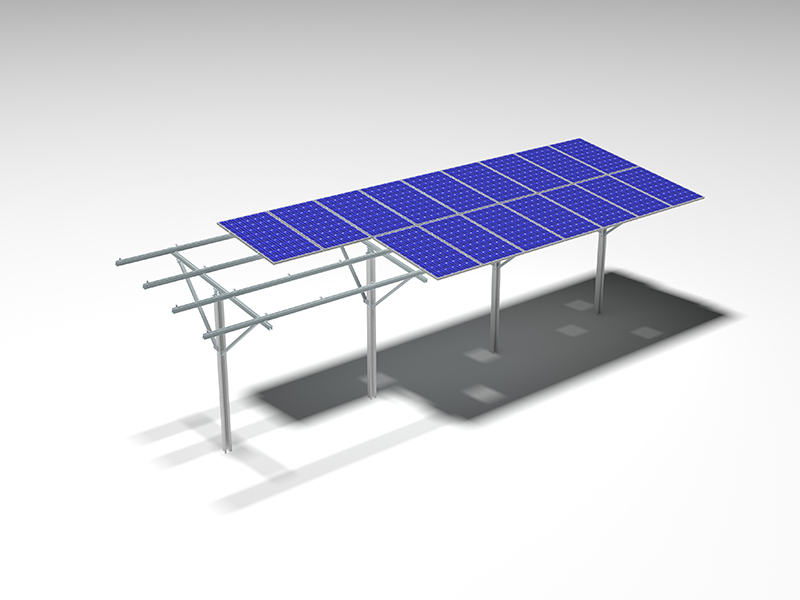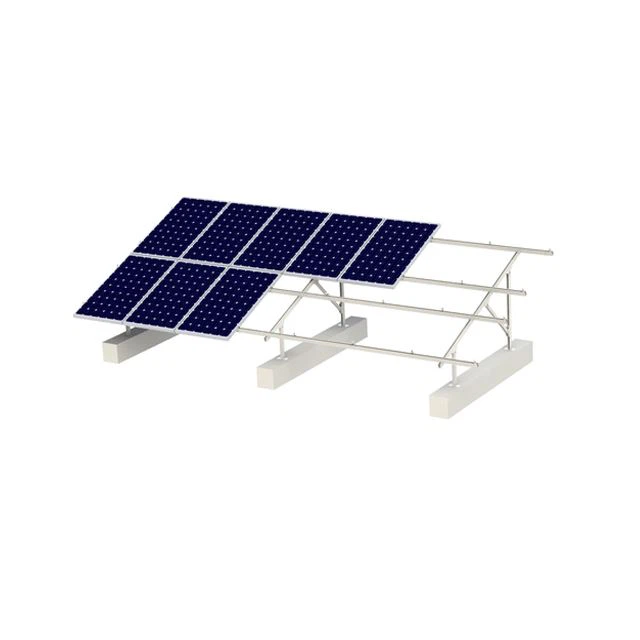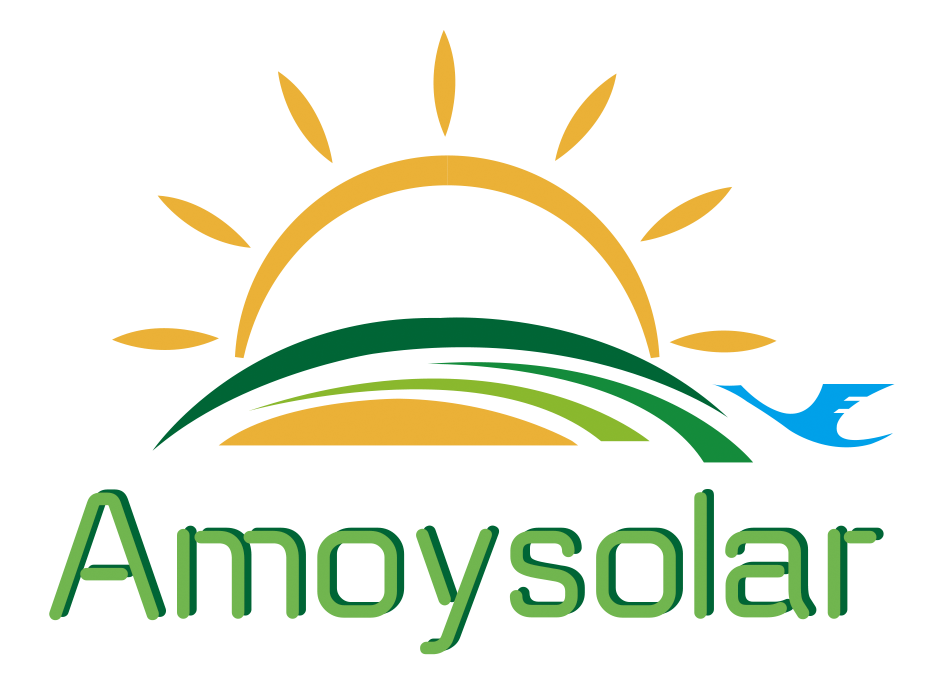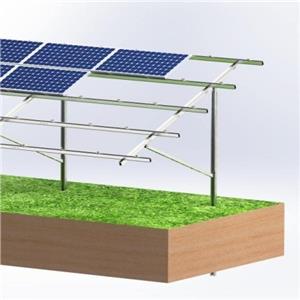Use of SolarAPP+ Doubles Across the Country
Delays in the solar permitting process for rooftop solar can take weeks for approvals in some part of the country. In others, it’s months. Delayed installations mean that it takes longer for homeowners to benefit from lower utility bills. The report shows that jurisdictions that have adopted SolarAPP+ have shortened project timelines by about 13 business days compared to projects permitted in the traditional way. These projects were about 29% less likely to fail inspections than projects that were permitted the traditional way.

The U.S. Department of Energy (DOE) Solar Energy Technologies Office (SETO) released a white paper that outlines pathways to a robust domestic supply chain for solar photovoltaic technologies.
Building a Bridge to a More Robust, Secure Solar Energy Supply Chain reviews the type and scale of solar supply chain disruption risks, potential options for a domestic supply chain, and key considerations to enable a resilient and reliable supply chain. The supply chain could grow to as many as 100,000 new jobs and generate $20-40 billion in investment.

According to DOE research, a resilient and reliable supply chain is geographically and technologically diverse, financially sound, and adaptable to changes in technology and demand. The report identifies three exemplary scenarios that can achieve these goals:
1.Majority domestic production across all required supply chain segments for mature solar technologies (e.g., crystalline silicon and cadmium telluride).
2.A blend of domestic sourcing with diversified imports of mature technologies, including broader international production and collaboration for key supply segments.
3.Transition to new solar conversion technologies based on thin films and tandem structures.




